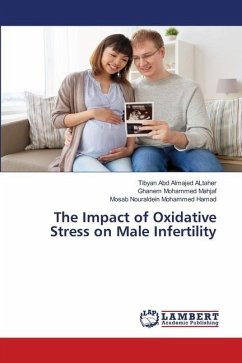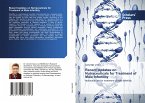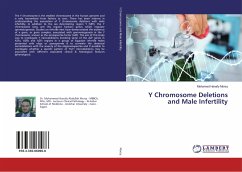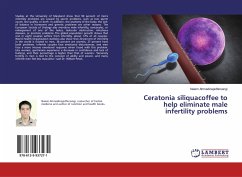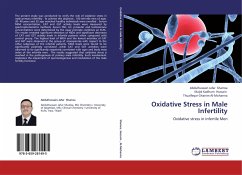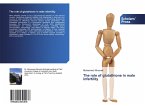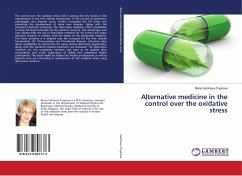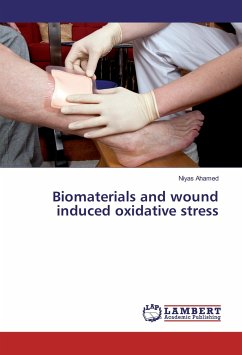Reactive oxygen species, also known as oxygen and oxygen-derived oxidants, cause cellular damage at a higher rate under the term "oxidative stress" (ROS). Oxidative stress is typically present as a background factor in all live aerobic cells. This oxidative process can be accelerated and lead to cell damage by several stress-related situations, including chronic disease states, aging, toxin exposure, physical injury, and exposure to a variety of foods. One of the main contributing factors to infertility is thought to be the malefactor. A new and significant reason, oxidative stress, has been discovered in addition to the traditional causes of male infertility, such as varicocele, cryptorchidism, infections, obstructive lesions, cystic fibrosis, trauma, and tumors. Reactive oxygen species (ROS) and antioxidants in the body are out of balance, which leads to oxidative stress. This potent mechanism can cause damage, deform, and ultimately result in male sterility in sperm. The physiological significance of ROS, their function in healthy sperm function, and the pathophysiology of ROS in the male reproductive system are all covered in this book.

